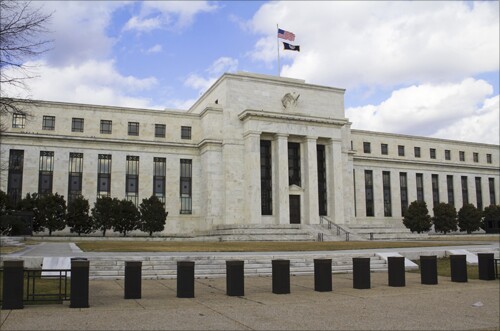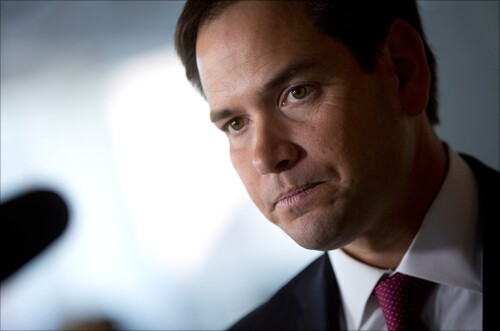

On the suggestion that lenders should take into account borrowers' situational factors (social networks, incentives, constraints) rather than focusing on their credit scores:
Related Article:

On whether expanding credit access is a worthy goal in and of itself:
Related Article:

On Sen. Elizabeth Warren's concerns about whether banks could use a new electronic messaging system to dodge public scrutiny of potentially shady communications:
Related Article:

In response to the claim that banks have to choose between paying steep regulatory costs now or else forking over even more money after a crisis (<a href="https://twitter.com/BrianRKnight/status/631228051930660864" target="_blank">via Twitter</a>):
Related Article:

On the Office of the Comptroller of the Currency's efforts to get a better grasp of new financial services innovations such as digital currencies, neobanks and marketplace lending:
Related Article:

On the difficulty for banks of converting core processing systems (<a href="https://twitter.com/Ghela_Boskovich/status/631173098859933696" target="_blank">via Twitter</a>):
Related Article:

On the community groups that frequently protest bank merger deals, delaying regulatory approvals:
Related Article:

On an economist's suggestion that the Federal Reserve will be hard-pressed to raise interest rates because private balance sheets have come to depend upon low interest:
Related Article:

On Sen. Marco Rubio's claim during a presidential debate that the total number of banks has declined by 40% since the passage of Dodd-Frank (the real number is roughly 18%):
Related Article:





